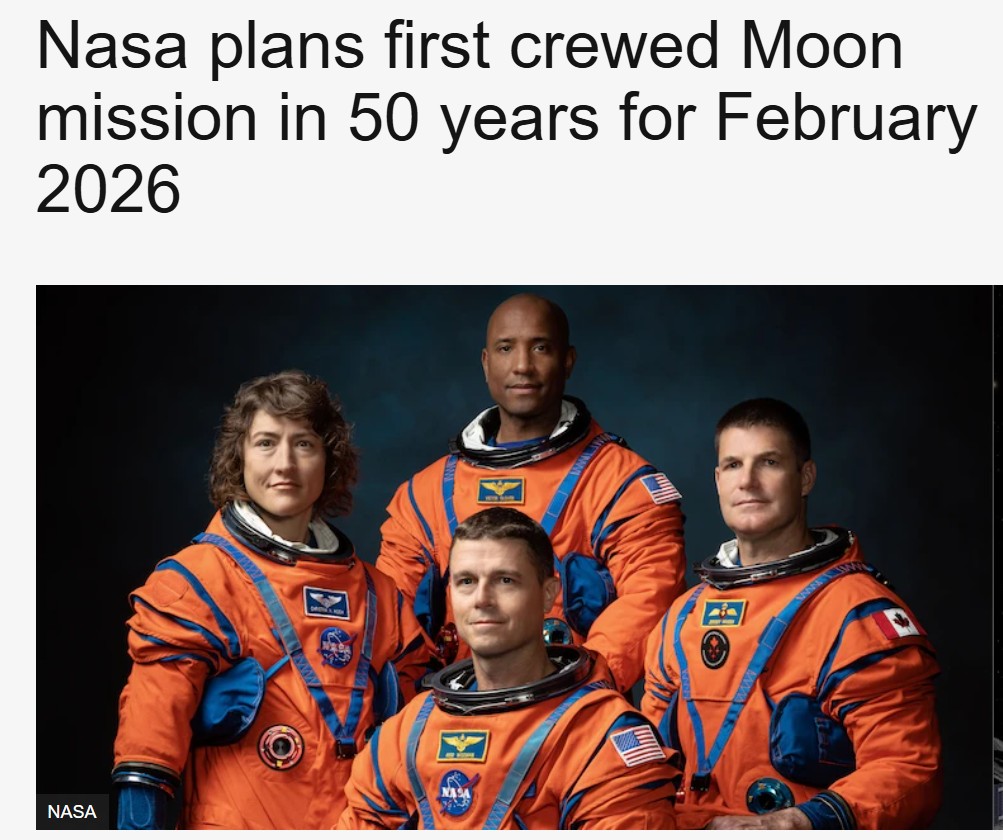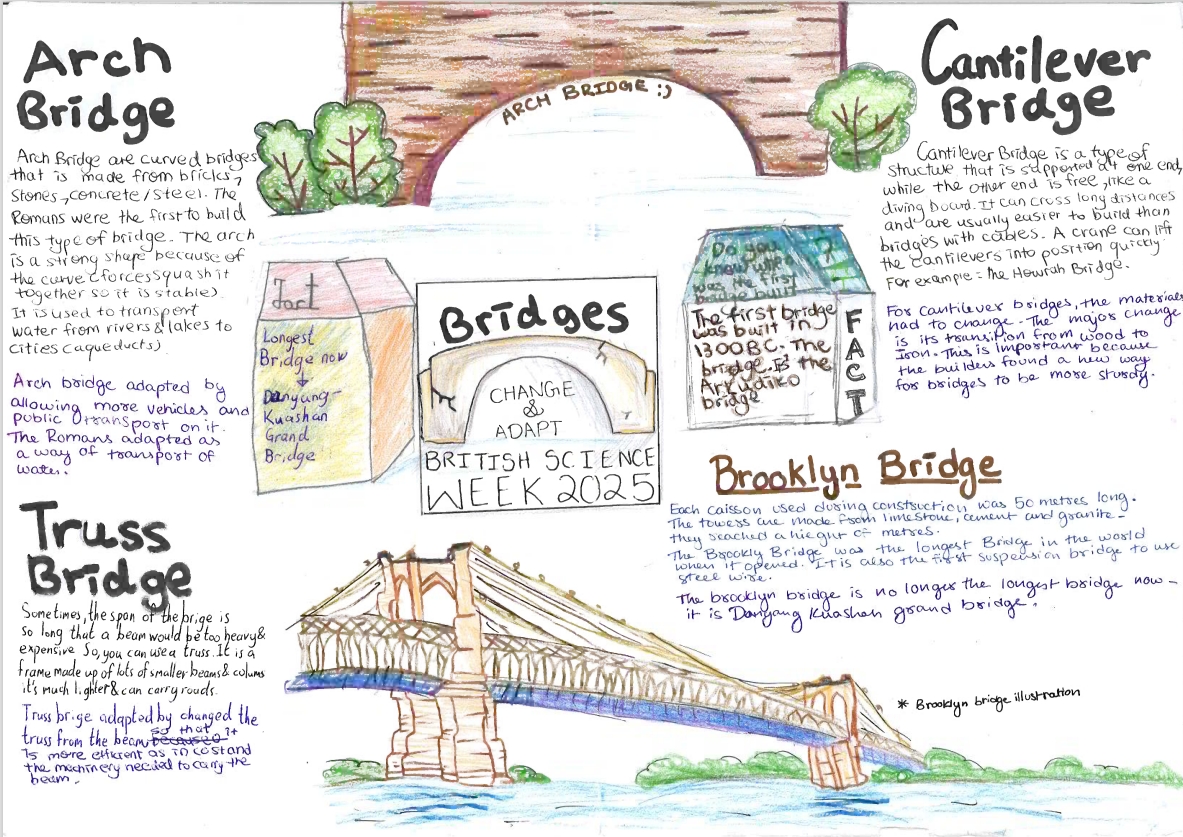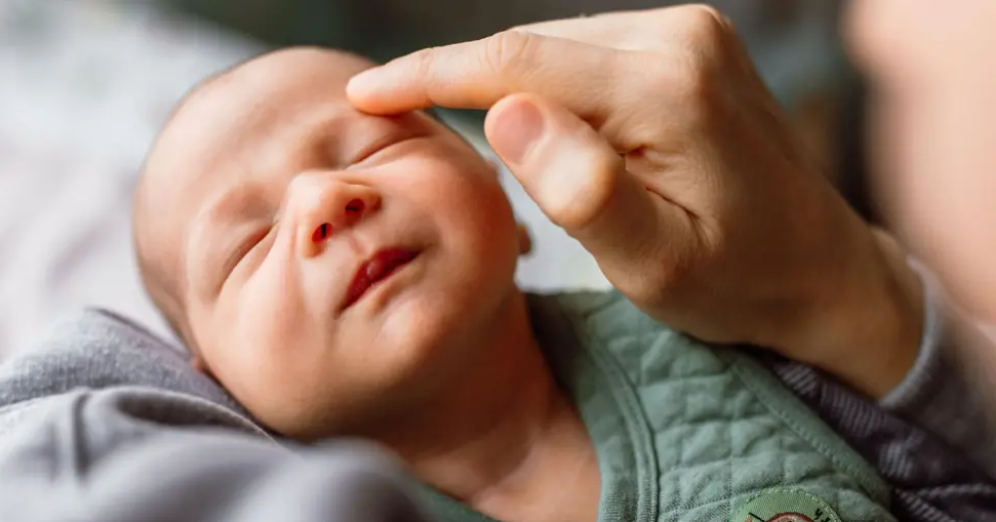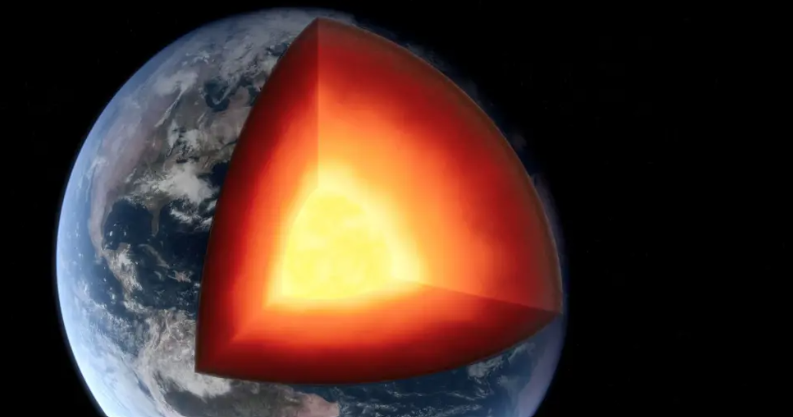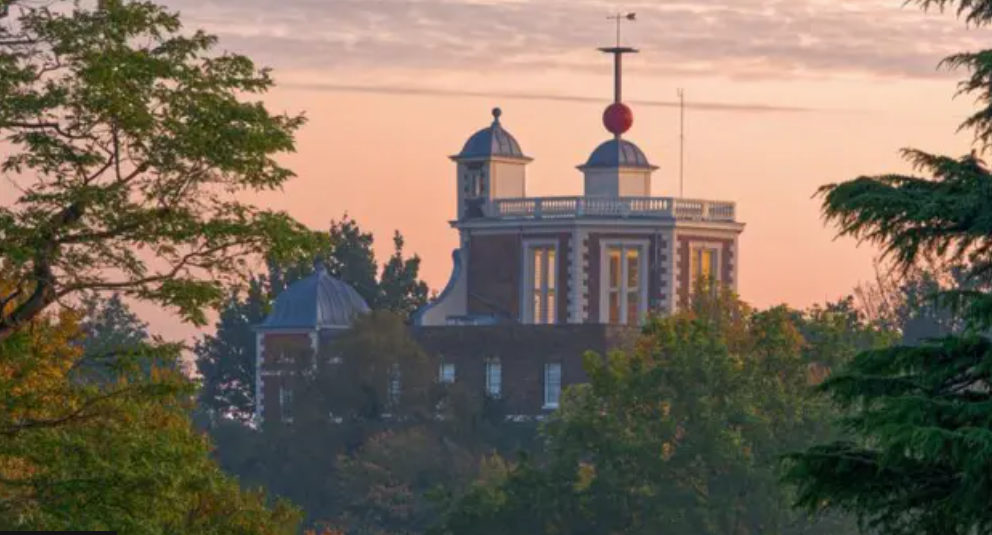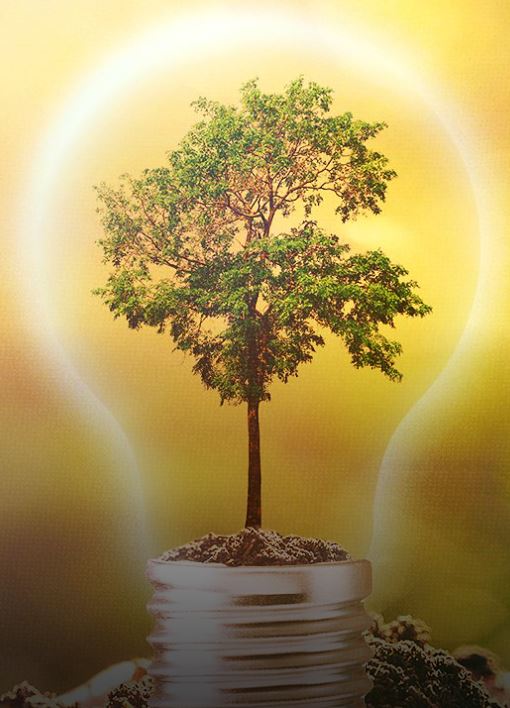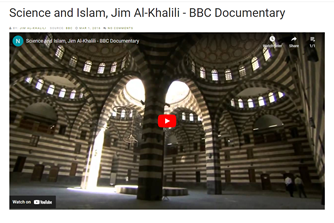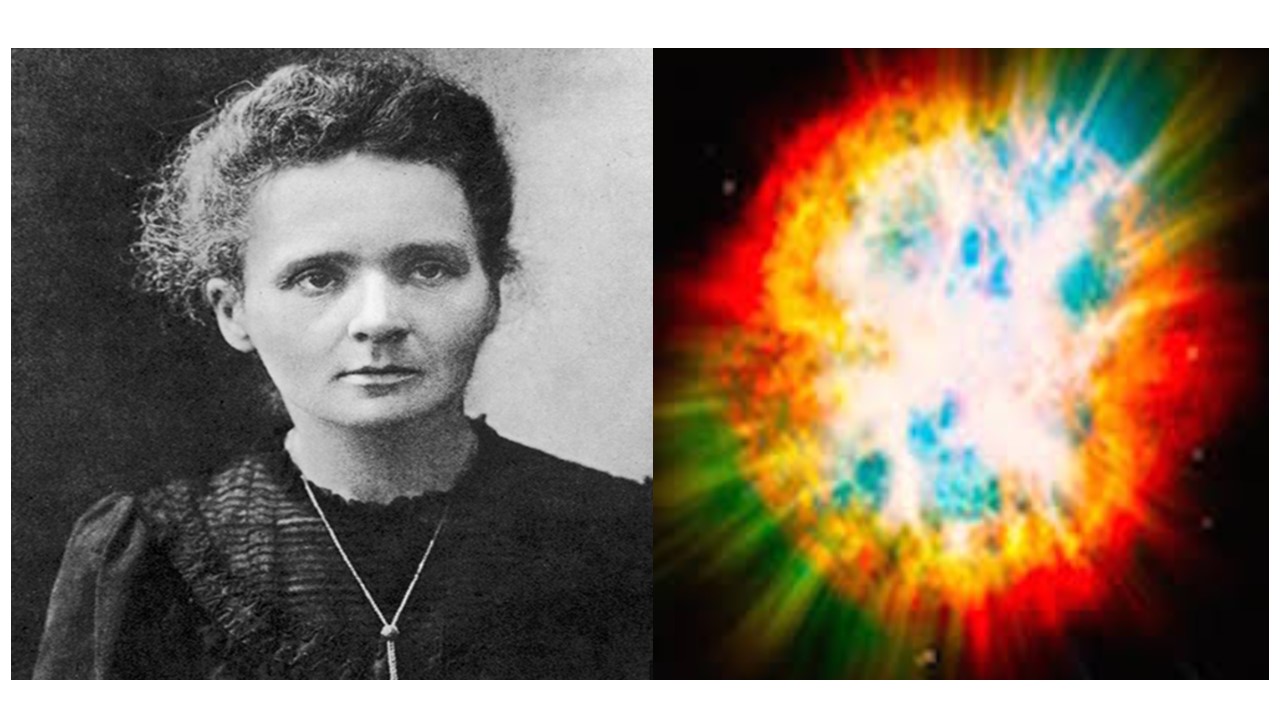Science

Will Rosemary Coogan be the first Briton to walk on the Moon? - BBC News

Which story turns your head the most? Why? could you see you leading the next steps in 2034?
2023 - 2024
SPRING TERM
| Year | Topic | Cultural Capital | Suggest link / resources |
|---|---|---|---|
|
Year 7 |
|
Why is Robert Hooke considered one of the greatest experimental Scientist? | Britannica Kids |
| Be inspired by Dr Willard Wigan's microscopic art work | Dr Willard Wigan, YouTube | ||
| Particles, Elements and Compounds | Graphene: the latest wonder material? | Infographic | |
| Energy 1 | James Joule was born in Salford and spent much of his life living and working in Manchester (and was even buried in Sale Cemetary!). Find out more about his life and work. | Science and Industry Museum Biography | |
|
Year 8 |
Mixtures and Separation | 1 in 3 people around the world do not have access to clean drinking water. Research some devices which help provide safe drinking water in developing countries. | Safe drinking water |
| Food and Digestion | Research how James Lind treated scurvy | BBC news article | |
| Light | Describe how Isaac Newton investigated spectrums and refraction of coloured light. | Institute of Physics | |
| Acids and Alkalis and Energy 2 | James Watt found that red cabbage made an excellent pH indicator. What other contributions did he make to science? What are the chemicals in red cabbage which make it a good indicator? | James Watt, YouTube | |
| Year 9 | Plants 2 | Why is clearing land for plantations an environmental problem? | WWF |
| Reactions of Metals | How was copper first discovered and extracted? What impact did this have on our world? | Documentary film | |
| Motion and Pressure | What was the Manchester Hydraulic Power System? What was it used for? Why is it not in use today? | Wikipedia | |
| Year 10
|
Biology, Organisation and Digestion | Novel uses of enzymes | BBC news article |
| Biology, Organising Animals and Plants | Research the history of heart transplants | British Heart Foundation | |
| Chemistry, Atomic Structure | Rutherford and Dalton both worked in Manchester. What other scientific developments have happened in Manchester? | Manchester science | |
| How have our ideas of atomic structure changed? | Infographic | ||
| Chemistry, Periodic Table | The periodic table we used today is based on that of Dmitri Mendeleev. What alternate versions of the periodic table exist? How are the elements arranged? | Article | |
| Chemistry, Electrolysis | Research the life and work of Humphrey Davy. | Biography | |
| Physics, Energy | James Joule was born in Salford and spent much of his life living and working in Machester (and was even buried in Sale Cemetary!). Find out more about his life and work. | Science and Industry Museum Biography | |
| Physics, Energy Resources | The Three Gorges Dam, China, is the worlds largest hydroelectric power facility. Find out more about the world's mega-dams. | Article | |
| Year 11 | Biology, Homeostasis | Sausage skins, a washing machine and juice cartons: the first kidney dialysis machine. | History of kidney dialysis |
| Biology, Reproduction | What was the Human Genome Project? | Human Genome Project | |
| Chemistry, Rate and Equilibrium | Find out about the life and work of Le Chatelier | Biography | |
| Physics, Forces | How can physics explain the success of the Fosbury Flop? | Physics of the Fosbury Flop | |
| Physics, Motion | The speed of light was measured before we had clocks able to measure very short time periods. How did different scientists attempt to measure speed of light and how have the measurements become more precise? | Article |
30th June 2023
23rd February 2023
This half-term’s cultural capital will be the BBC documentary from Jim Al-Khalili, Describe one contribution from the Islamic golden age of science.
Email M.Bell@northcestrian.co.uk with your first reflection on the source material. This should be 100 words that summarise the big points and an additional 100 words analysing why this is important to you! What it means for the future? Why it is cultural capital? What has it inspired you to do?
Next, your teacher (subject specialist) will guide your curiosity suggesting more to watch… listen… read… visit… explore.
Show your genuine, significant, and sustained sophistication in lessons and beyond.


